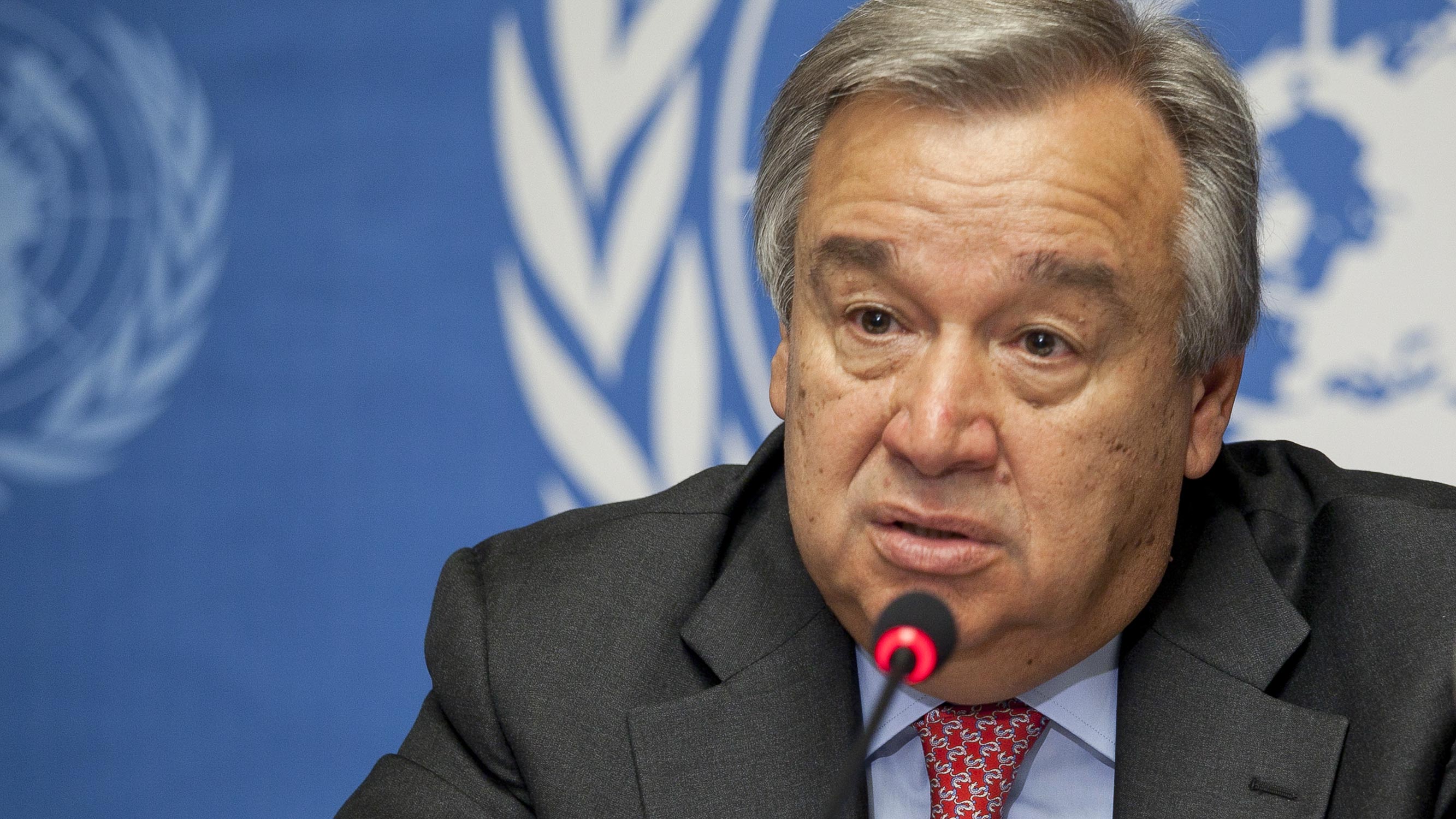“Military power is glorified” – Secretary-General wants disarmament restored as ‘integral’ to UN’s work
United Nations Secretary-General Antonio Guterres launched what he termed “a new initiative” to revitalise global disarmament, warning that surging arms sales and rising nuclear tensions required a renewed effort towards containing deadly weapons.
Guterres on Monday told the U.N. Conference on Disarmament in Geneva its objective was to give “greater impetus and direction to the global disarmament agenda,” but offered few details on the project.
He said that he wants to shake up the approaches that have led to stalemate and a reversal of progress in recent years.
The U.N. Conference on Disarmament has failed for two decades to agree on a conclusive deal, as nations have traded blame for each others’ failures to implement existing agreements.
“There is great and justified anxiety around the world about the threat of nuclear war,” Reuters reported Guterres as saying. “Countries persist in clinging to the fallacious idea that nuclear arms make the world safer … At the global level, we must work towards forging a new momentum on eliminating nuclear weapons.”
The U.N.’s stated goal of a nuclear-free world remains a remote prospect, with an estimated “150,000 nuclear weapons in the world,” he said.
“Disarmament and arms control are top priorities for me. And they are central to the system for international security agreed in the United Nations Charter,” he said.
Guterres said he has instructed his top disarmament envoy, Japanese diplomat Izumi Nakamitsu, to consult across the U.N. system and among member-states to come up with a strategy that will restore “the role of disarmament as an integral component” of the U.N.’s work.
Nuclear powers say disarmament unlikely now
Ambassadors from some nuclear powers said they shared Guterres’ concerns but suggested that nuclear disarmament remained a distant hope.
U.S. Ambassador Robert Wood said now was not the time for new disarmament initiatives, but said the United States’ “aspirational goal” was to eliminating nuclear weapons.
“Even in these difficult times, the United States will seek the development of measures that may be effective in creating the conditions for future nuclear disarmament negotiations,” he told the forum.
More: United States proposes new ‘lower-yield’ nuclear weapons to better deter Russia
Chinese Ambassador Fu Cong stressed the importance of deterrence, but said reform should not be rushed.
“Reducing the role of nuclear weapons in national security doctrines and abandoning the nuclear deterrent policy based on the first use of nuclear weapons constitutes the most practical and feasible nuclear disarmament measure at present,” Fu said.
French Ambassador Alice Guitton said Guterres’ statement was timely, but that disarmament needs patience, perseverance and realism.
Weapons sales rise
Guterres added that nuclear disarmament efforts should be matched with strategies to enforce chemical weapons bans and the development of tools to manage the threats posed by new technologies like autonomous weapons systems – also known as killer robots, drones, artificial intelligence, biotechnology and space-based systems.
He added that any initial momentum towards curbing the size and budgets of the world’s militaries has “been abandoned,” while “military power is glorified.”
“At the same time, global arms trade is thriving in a way not seen since the Cold War,” Guterres said, adding that $1.5 trillion is spent on weapons annually.
In its annual report on the global arms trade, the Stockholm International Peace Research Institute in December said that sales of arms and military services by the world’s Top 100 weapons and military services companies totalled $374.8 billion in 2016, 1.9 percent higher than 2015 – the first year of growth in arms sales after five years of decline – and an increase of 38 percent since 2002.
Noting global hotspots including the Korean Peninsula, Guterres said: “We cannot contemplate further erosion of the global framework for disarmament.”
“Indeed, we must reverse it urgently,” he added.
With reporting from AFP












